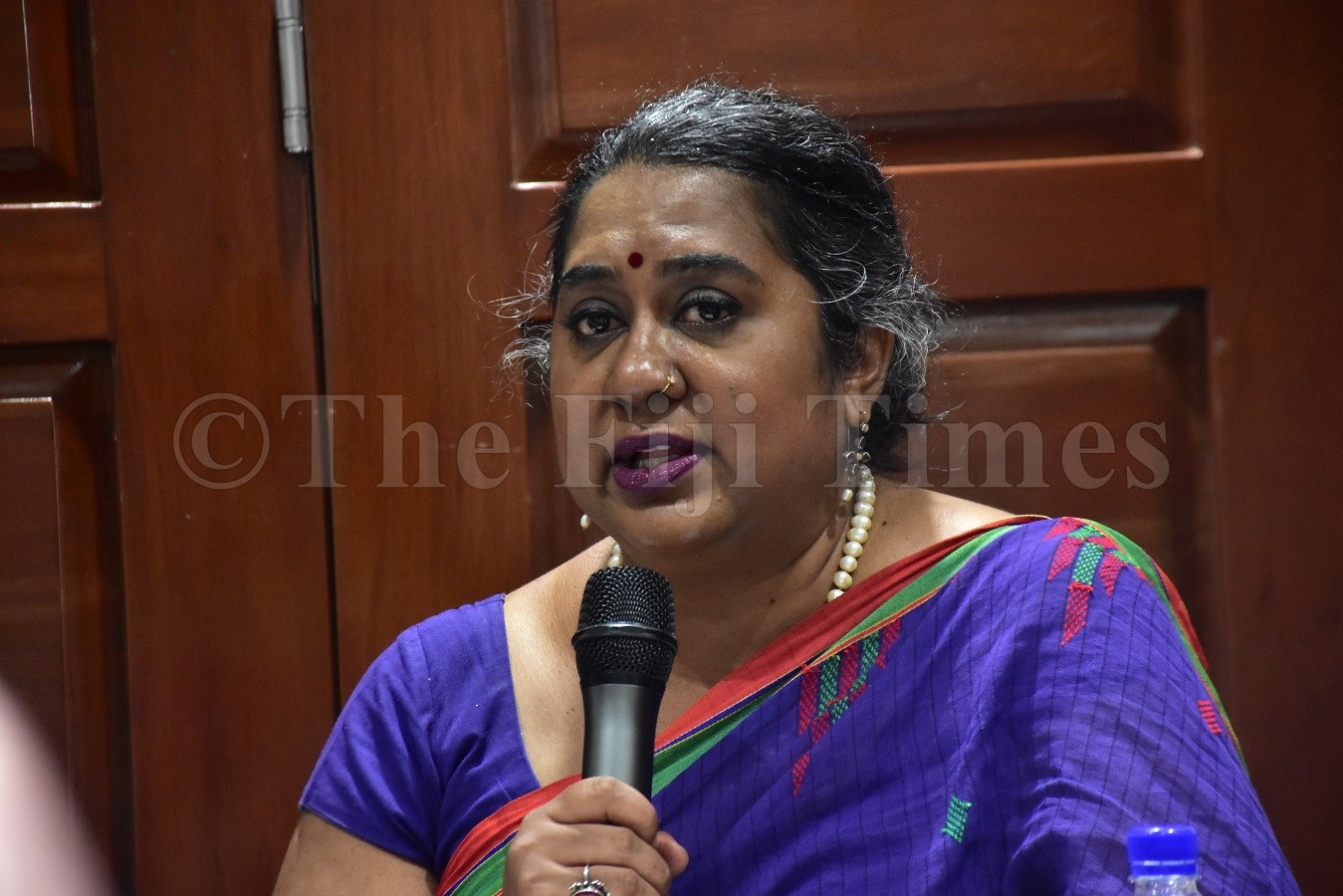SCHOOLS are not doing enough to prepare girls and young women for one of life’s most significant biological transitions.
That’s the warning from the Fiji Women’s Rights Movement (FWRM), which says the national curriculum must be urgently updated to include menopause as part of the formal health and family life education syllabus.
“We talk about menstruation, puberty and reproduction in schools, but then the conversation just stops,” said FWRM executive director Nalini Singh.
“There’s no point introducing the menstrual cycle to girls and then leaving out the end of that cycle.”
Ms Singh said many of the women interviewed for FWRM’s recent research, The ‘M’ Word: Ending the Silence, revealed they had no idea what menopause was until they started experiencing severe symptoms.
“There’s no education, no guidance, and no language for it,” she said.
“So women start to think they’re sick or going crazy. Some are told it’s just ageing. But it’s not – it’s a physiological phase that should be understood.”
She said schools were the ideal place to break the silence and stigma around menopause, and equip future generations with the tools to recognise symptoms and seek help.
“If we don’t normalise these conversations early, girls grow up thinking menopause is something shameful – or worse, they won’t even know what’s happening when it starts.”
Ms Singh is urging the Ministry of Education to adopt a life-cycle approach to reproductive health education – one that includes age-appropriate learning about hormonal changes, emotional wellbeing, and menopause-related symptoms.
“Menopause affects every woman. It should be treated as a health education priority, not an afterthought.”
FWRM believes that embedding menopause education in schools would also help boys understand the journey their mothers, sisters and future partners may one day face.



